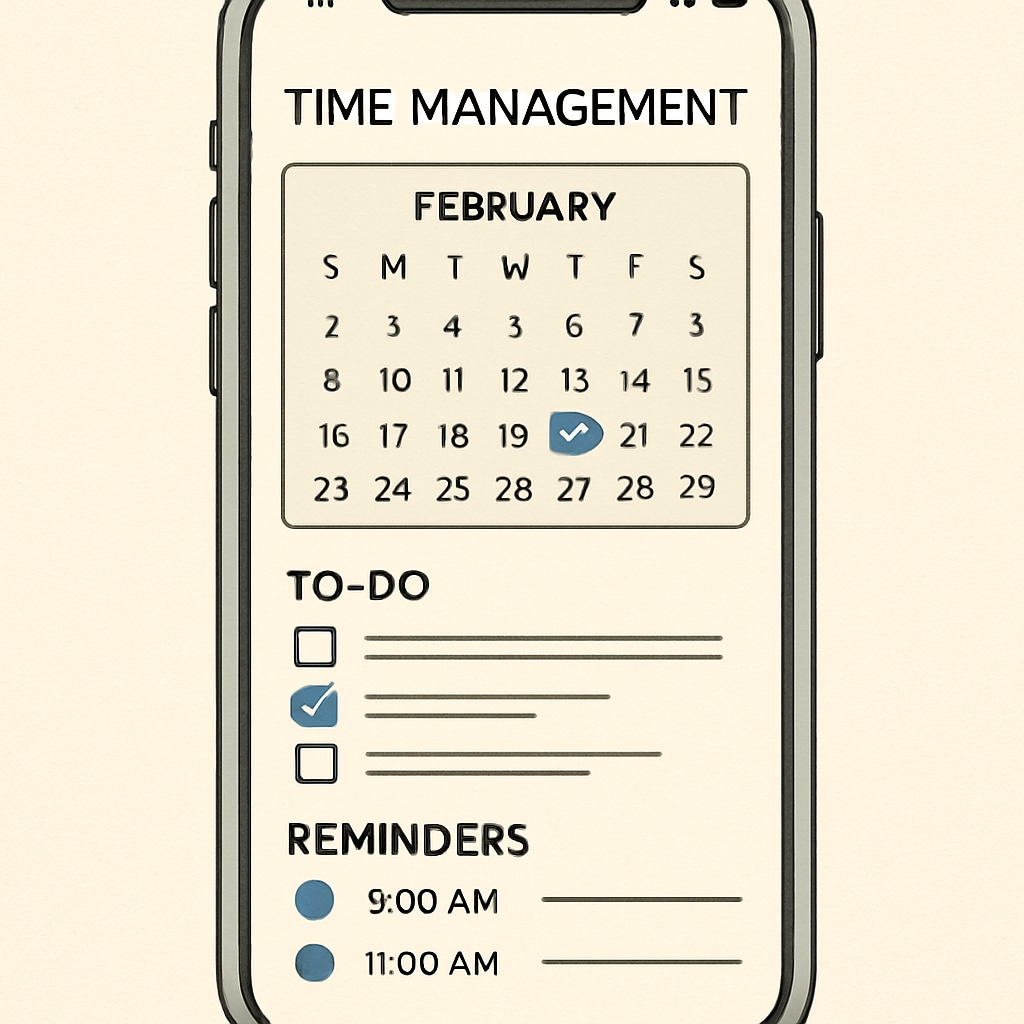Pursuing a master’s degree while maintaining career growth and managing time effectively is a daunting yet rewarding challenge faced by many successful professionals. While the decision to return to higher education offers opportunities for academic and professional advancement, it also presents unique obstacles. This article examines the challenges of balancing work and studies, highlights potential benefits, and offers practical strategies to help professionals achieve their goals without compromising their career trajectory.
Why Pursue a Master’s Degree After Career Success?
For many professionals, achieving career stability often leads to a desire for further intellectual and personal growth. A master’s degree can enhance specialized knowledge, improve credibility in the workplace, and open doors to leadership roles or new industries. For example, fields like technology or healthcare increasingly demand advanced qualifications for senior positions.
However, returning to academia after establishing a career is not simply about acquiring new skills. It reflects a commitment to lifelong learning and a willingness to adapt to evolving industry trends. According to a report from Britannica, continuing education is vital for staying competitive in today’s job market.

The Challenges of Balancing Career, Studies, and Personal Life
While the pursuit of a master’s degree offers numerous benefits, it also comes with significant challenges. The most common difficulty is time management. Balancing work responsibilities, academic coursework, and personal life can lead to stress and burnout. Professionals often find themselves juggling tight deadlines at work with equally demanding academic schedules.
Additionally, financial constraints can be a concern, particularly for those who are self-funding their education. The cost of tuition, study materials, and potential loss of income due to reduced working hours must be carefully considered. Furthermore, adapting to a new academic environment after years in the workforce may require overcoming a steep learning curve.
Strategies for Effective Time Management
To successfully navigate the demands of a master’s program while maintaining career growth, professionals must adopt effective time management strategies. Here are some practical tips:
- Prioritize Tasks: Use tools like to-do lists or digital apps to organize tasks by urgency and importance. Focus on high-priority items first.
- Create a Study Schedule: Dedicate specific blocks of time each week to coursework. Consistency is key to staying on top of academic requirements.
- Leverage Technology: Utilize online learning platforms and collaboration tools to streamline communication and access study materials efficiently.
- Seek Support: Communicate with employers, professors, and family members about your commitments. Many institutions and workplaces offer flexible arrangements for working students.
- Practice Self-Care: Ensure adequate rest, nutrition, and exercise to maintain physical and mental well-being during demanding periods.

The Rewards of Lifelong Learning
Despite the challenges, the rewards of pursuing a master’s degree as a working professional are substantial. Graduates often experience enhanced career opportunities, increased earning potential, and greater job satisfaction. The process itself fosters resilience, adaptability, and a growth mindset—qualities that are highly valued in any professional field.
Moreover, the connections made during graduate studies can expand one’s professional network, leading to collaborations and mentorship opportunities. As a result, the pursuit of higher education becomes an investment not only in knowledge but also in long-term career success.
In conclusion, while balancing a master’s degree, career growth, and time management may seem overwhelming, it is achievable with careful planning, determination, and support. By embracing the journey of lifelong learning, professionals can achieve both academic and career excellence, proving that success knows no age or stage.
For further insights on lifelong learning and its impact on professional development, visit this detailed guide on Lifelong Learning on Wikipedia.


